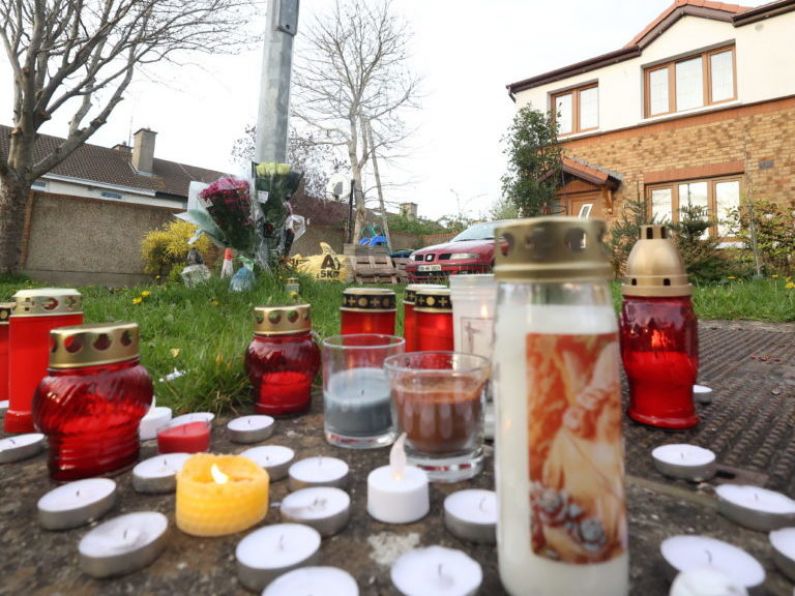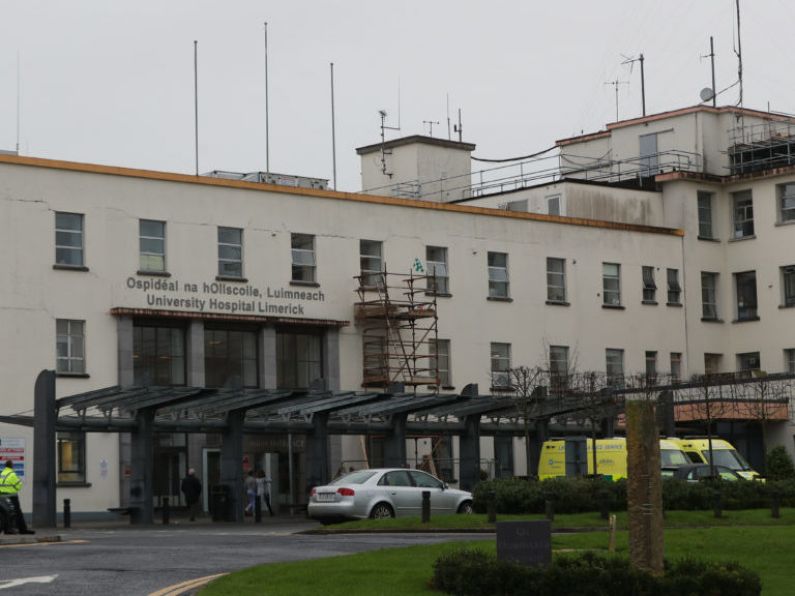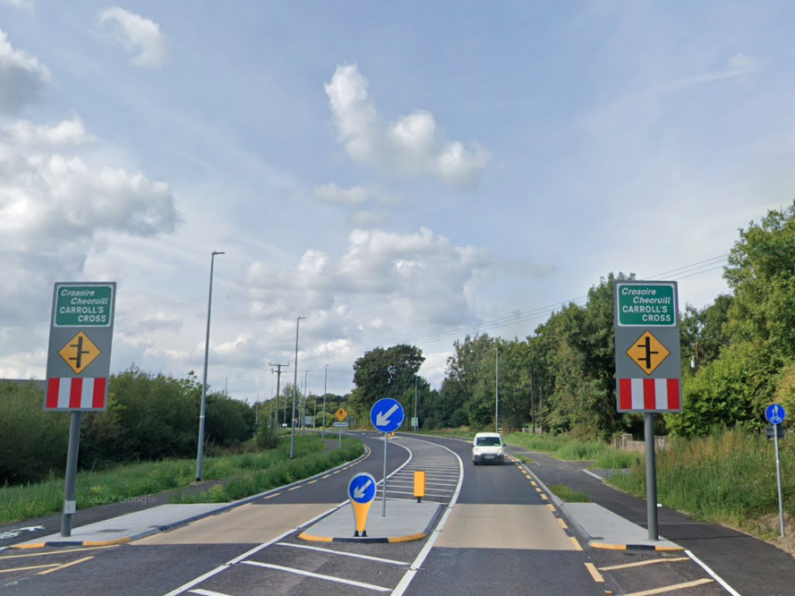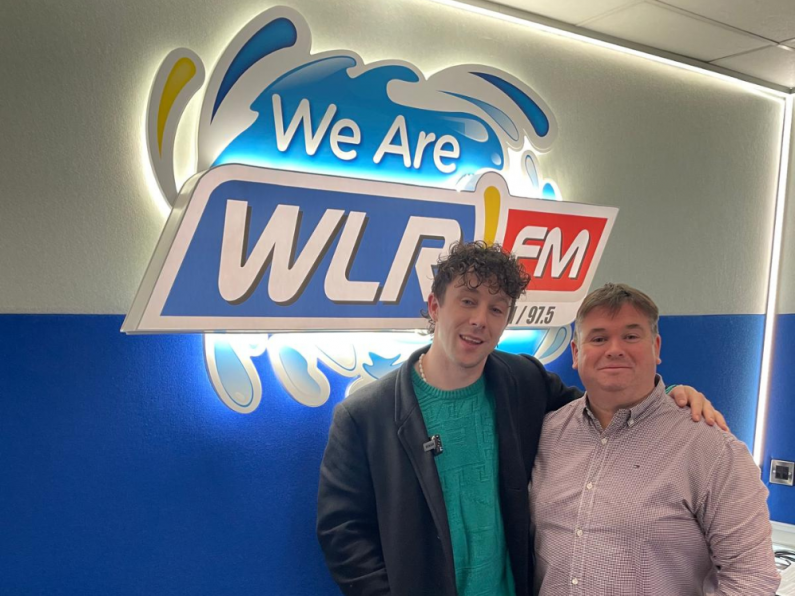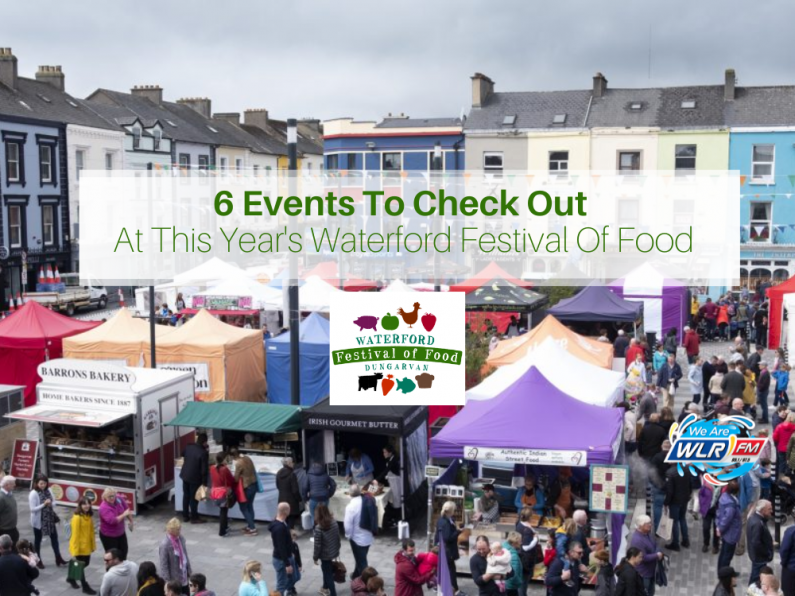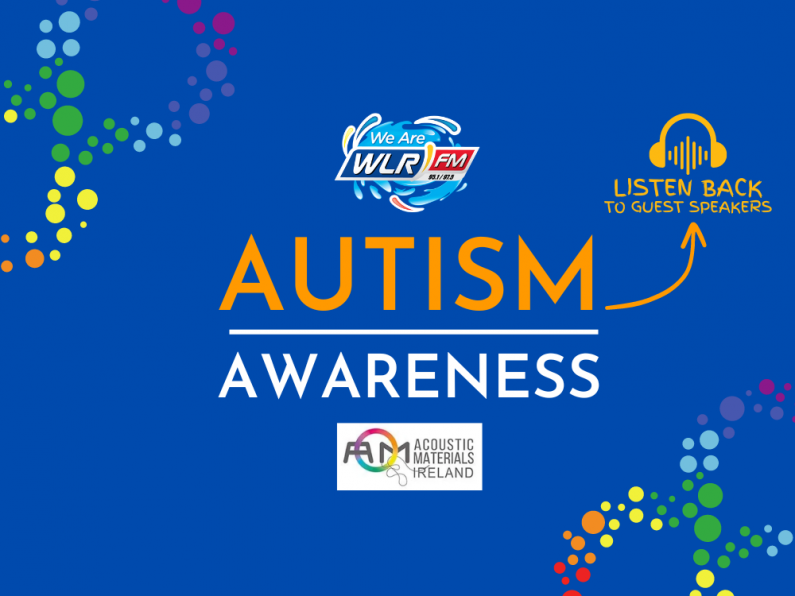Life in the last century as remembered by those in the Gaeltacht
The show is broadcast each Sunday on WLR FM at 8.30 p.m.
In Muintir na nDéise, a new ten-part series made especially for WLR FM, individuals living in the Gaeltacht of west Waterford, talk to the broadcaster and writer Catherine Foley about their lives and the changes they have seen in the last sixty years. This new series from Gaeltacht na nDéise, which is recorded and edited by documentary-maker RoseAnn Foley, starts on Sun 7 June 2020 at 8.30 p.m. Speaking in the simple, clear and musical Irish of Gaeltacht na nDéise, the participants remember their parents, their first days at school, their first holy Communion, the day they got married, their work and their families growing up.
The interviewees recall how life has changed utterly since the pre-war decades of the last century, when horses and traps were the most common mode of transport, when the purchase of a car was a life-changing event and when the arrival of a new dress from America for a special occasion was a momentous event. This all-Irish series, which was made with funding from the Broadcasting Authority of Ireland with the Television License Fee, is a celebration of the lives of the participants. It is also a showcase of the wealth and musicality of the Irish language, which is still spoken and used in the Ring and Old Parish Gaeltacht area, and the series throws a light on the rich heritage and culture of Gaeltacht of the Déise.
The producers RoseAnn Foley and Catherine Foley, of the An Corsaiceach production company, conducted the original interviews for this series in 2018 with the support of Údarás na Gaeltachta.
Each half-hour program in the Muintir na nDéise series records a time that is gone, a time before electricity, before television and even before radios were common and when infant mortality was high. The interviewees talk about a time when an open fire in a classroom was the only source of heat in a school and some of those interviewed recall a time when corporal punishment was normal. The participants reveal their thoughts on praying, on faith, on death and on the next life, and they speak about the Irish language.
Interviewees include Pauline Nic Craith, a native of An Rinn, who qualified as a nurse in the late 1940s and worked in Belfast during the troubles in the 1970s. Another participant is Tomás Ó Céilleachar, who was born in 1935 in Caherboshina in Corca Dhuibhne. He remembers moving to Ring in the late 1950s to take up a job teaching in Coláiste na Rinne and his years as publican of Tigh an Cheoil in the Ring village of Baile na nGall. Siobhán de Faoite, who was born in Old Parish before the end of World War 2, describes her life as a farmer’s daughter. She also speaks about her education, her married life and her membership of the Irish Countrywomen’s Association, a vital organization for women in rural Ireland in the 1970s. Pádraig Seosamh Ó Mathúna, a farmer and an amateur actor, who was born in 1927, remembers his parents, going to mass in a pony and trap and later going to the mart in Dungarvan with his father. Another interviewee Cait Mhic Craith, a native of Clashmore in Co Waterford, remembers arriving in Ring in 1961 to take up her new job as junior house matron at Coláiste na Rinne.
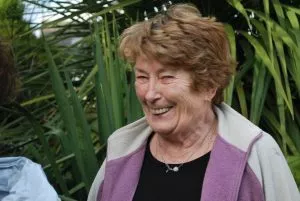
(Photographs by RoseAnn Foley)
Nioclás Ó Gríofáin, a local historian and a native of Ring, was born in February, 1936. He remembers his school days, the prayers they had, they games they used to play and the way the community would gather to listen to the radio on the Sunday of a big match. Mairéad Uí Mhuirithe, who grew up in the Ring Gaeltacht, also remembers her parents, her teachers, her childhood and her late husband, Patsy Murray. Tomás Ó Curraoin, who was born in 1941, became an electrician and worked for many years in Waterford city. He remembers life as a boy when he worked on the farm milking cows before and after school.
Nóirín Uí Chionaola, another interviewee, was born in 1928. The eldest in her family, she grew up in Ballingarry in Co Limerick and remembers the thrill of the arrival of her baby sister. She also talks about her life married to Domhnall Ó Cionaola and their life together. Now in her nineties, Nóirín remembers her first visits to Baile na nGall in An Rinn in the 1950s where she heard singing in the pub there, including singers such as her husband and the late Nioclás Tóibín. In the final program from this series, Muintir na nDéise, the late Mícheál Seosamh de Paor, who passed away earlier this year on 8 March (2020), remembers his mother and father and his youth growing up in Old Parish as well as his life as a father and a husband. And he talks about the heartbreak he felt on the tragic and untimely death of his late wife Mairéad. Ar dheis Dé go raibh a hanamacha.

(Photographs by RoseAnn Foley)
Programme 1 Broadcast on 7th June - Pauline ni Craith
Programme 2 Broadcast 14th June - Tomás Ó Céilleachair.
Programme 3 Broadcast 21st June - Siobhain De Foirte
Programme 4 Broadast 28th June - Pádraig Seosamh Ó Mathúna
Programme 5 Broadcast 5th July - Cait Mhic Craith
Programme 6 broadcast 12th July - Nioclás Ó Gríofáin
Programme 7 broadcast 19th July - Máiréad Uí Mhuirithe
Programme 8 broadcast 26th July - Tomás Ó Curraoin
Programme 9 broadcast 2nd August - Nóirín Uí Chionaola
Programme 10 broadcast 9th August - Mícheál Seosamh de Paor



